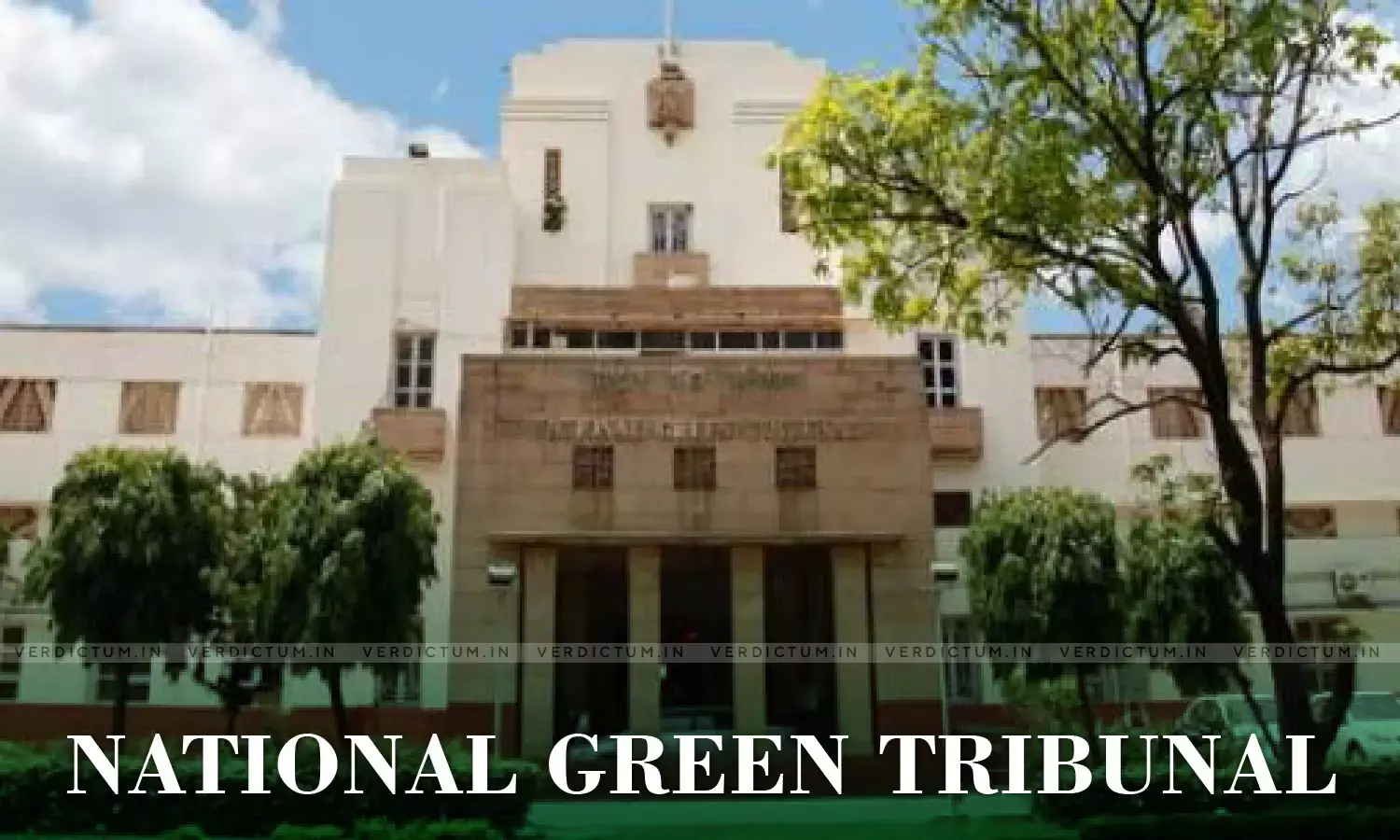NGT Imposes Environmental Compensation Of Rs 3,500 Crore On West Bengal Govt.

The National Green Tribunal has imposed an environmental compensation of Rs. 3,500 Crore on West Bengal for its failure to treat solid and liquid waste.
Justice Adarsh Kumar Goel observed there was not much initiative by the West Bengal government in prioritising solid and sewage treatment plants in urban areas.
The Tribunal further also held that remedial measures must be taken within six months.
The order said that for failure in liquid waste management processing, "liability of the state is to pay compensation of Rs 2,980 crores, rounded off to Rs 3,000 crore in view of continuing damage."
For failure to process solid waste, the compensation to be paid is Rs 500 crore, the NGT said.
"Final amount of compensation under the two heads (solid and liquid waste) is assessed at Rs 3500 crore which the state of West Bengal may deposit in a separate ring-fenced account within two months," the order said.
The chief secretary may personally monitor the progress, at least once a month, with all district magistrates who should monitor the status of compliance with environmental norms, at least once in two weeks, the bench said.
The NGT said, "It is necessary to determine accountability for the past failures causing huge damage to the environment and public health and to meet cost of remediation."
The NGT found that of the 2,758 million litres of sewage generation every day in urban local bodies in West Bengal, not more than 1,268 million litres is treated. This is far short of the project treatment capacity of 1505.85 million litres despite setting up several sewage treatment plants.
It said, "At Least three major cities and as many major towns as possible in the state and at least three Panchayats in every district may be notified on the website within two weeks as model cities/towns/villages which will be made fully compliant within the next six months.
The remaining cities, towns and village panchayats of the state may be made fully compliant in respect of environmental norms within one year, the bench said in its directive to the state.
With PTI Inputs

